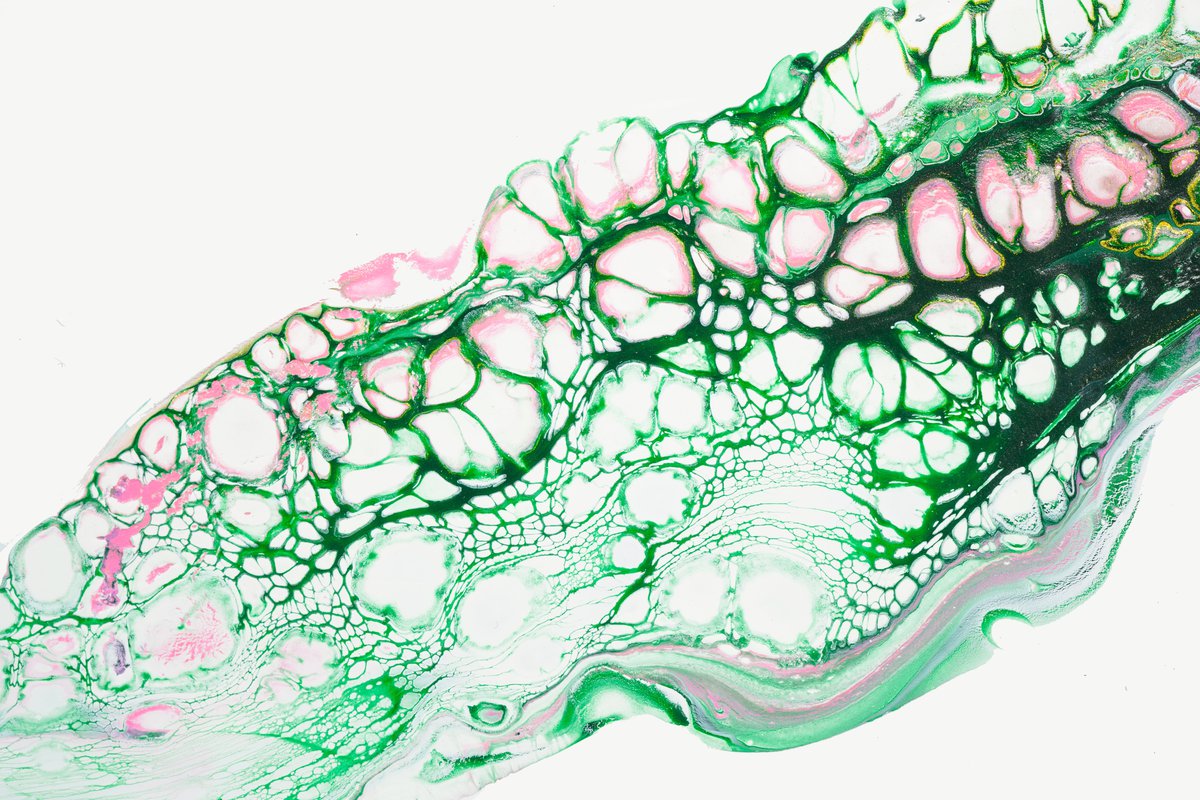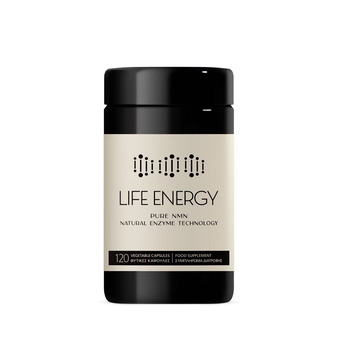Aging & NAD+

The human body carries 30-40 trillion cells, which depend on a coenzyme called nicotinamide adenine dinucleotide NAD+. Aging is a complex series of numerous interconnected processes, and improving cellular function with NAD+ enhances the conditions that cause aging and the body's day-to-day processes.
This makes NAD+ a crucial factor in health and well-being. NAD+ levels gradually decline over time, and according to studies, raising NAD+ levels in the body can slow aging by delaying the onset of disease.
What is NAD+, and what effects does it have on the body?
Nicotinamide adenine dinucleotide has been known for at least 100 years. As a coenzyme, or "helper" molecule as it is known, NAD+ is directly linked to other enzymes and inhibits the activation of biochemical reactions at the cellular level. Without NAD+, the human body could not function properly.
NAD+ has two fundamental roles in the human body, creating energy and regulating cell function. As a supplement molecule, NAD+, directly and indirectly, affects many cellular functions, including DNA repair, gene expression, and immune function.
NAD+ & Aging
NAD+ levels decline with age as the body produces less. In addition, inflammation and oxidative stress destroy NAD+ in the body. Low NAD+ levels can induce many age-related problems. A decrease in NAD+ leads to the reduction of a healthy cellular metabolism.
This, in turn, results in the familiar signs of aging like muscle tone loss, reduced exercise capacity, obesity, and frailty. Research has examined the link betweenNAD+ depletion and cellular aging. These characteristics describe the core of how the body ages.
Characteristics of cellular aging are:
- genomic instability
- epigenetic alterations
- mitochondrial dysfunction
- cellular aging
- telomere attrition
- stem cell depletion
- altered intercellular communication
Genomic Instability
Genomic instability means that there is damage to the process of cell division. As a result, the genome changes during cell division and does not create an exact copy of the original template.
When DNA does not replicate properly or repair damage, it causes mutations in the genetic code. A decrease in NAD+ inhibits the cell's ability to divide and repair DNA.
Telomere attrition
Each chromosome edge has a protective cap called a telomere. Each time a cell divides, telomeres get shorter. When telomeres become too short, cells can no longer reproduce, which causes tissue degeneration.
Short telomeres are associated with many chronic, age-related diseases. Telomere length and function are protected by a family of proteins called sirtuins that depend on NAD+ to function correctly.
Among their many functions, sirtuins regulate and inhibit cellular senescence. Boosting NAD+ improves sirtuin activity, stabilizes telomeres, and reduces DNA damage.
Cellular Aging
Cellular senescence is a biological aging process. Usually, the immune system should eliminate dead, old, and damaged cells from the body. Senescent cells are dysfunctional cells that have ceased dividing but remain in the body.
They accumulate with age and contribute to adverse conditions associated with aging. Studies have shown that boosting NAD+ levels prevented the aging of muscle stem cells while increasing overall lifespan.
Increasing NAD+ levels
Adequate exercise, intermittent fasting, a healthy balanced diet, adequate sleep, and avoiding physical stressors such as toxins and excessive sun exposure can increase NAD+ levels.
If maintaining a healthy lifestyle seems impossible due to age or health conditions, supplementing with nicotinamide mononucleotide is the most suitable option. It is a form of vitamin B3 (niacin) and a precursor to NAD+.
Studies have shown that supplementation with nicotinamide mononucleotide improves physiological functions in mice and other organisms. One study demonstrated that adding nicotinamide mononucleotide to drinking water improved cardiovascular function in aged mice.
Another study in mice showed that supplementation with nicotinamide mononucleotide could support cognitive decline associated with aging. Long-term data on nicotinamide mononucleotide supplementation in humans are not available yet.
Aging is a complex series with various interconnected processes, and boosting cellular processes with NAD+ appears to improve the conditions that cause aging.



